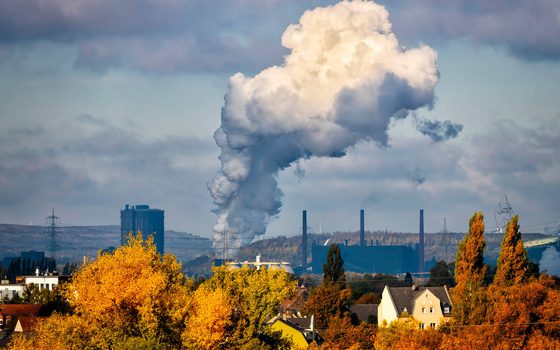BOND-DEG – UK NGO’s Joint Rio+20 Narrative
Paper for the United Nations Conference on Sustainable Development, 4–6 June 2012
07 November 2011
A joint narrative by voluntary, development and environmental organisations and trade unions. Most co-signatories are members for the BOND1-Development and Environment Group (BOND-DEG), however some organisations have co-signed in an individual capacity. This narrative represents a consensual view of the organisations involved.
Humanity faces critical decisions. The scale of our current economic crisis will soon be overshadowed by the impending environmental crisis in both impacts and costs. Over the past 50 years our current global economic model has failed to deliver the sustainable society that we need.
The concept of sustainable development that was elaborated at the first Earth Summit in Rio in 1992 still provides a compelling vision of the transformation that needs to be made. But implementation of that vision has fallen far short.
Operating within planetary boundaries is a necessary precondition for sustainability. But at present the world is pressing harder against ecological limits adn we have already breached the safe operating or boundaries for three of nine key planetary systems (climate change, biodiversity loss and excess nitrogen and phosphorous production).
At the same time inequality and unfairness is growing between and within countries. Poverty has increased in absolute terms, and the gap between rich and poor is growing. Furthermore, the world’s population is increasing rapidly (a projected 9 billion by 2050 from 7 billion now) increasing the demand for resources and adverse impacts such as pollution and waste.
The UN Conference on Sustainable Development (UNCSD) to be held in Rio in June 2012 (Rio +20) presents world leaders with a unique opportunity for change. We need to revive the original Rio momentum and launch the transformation towards a truly sustainable global economy that promotes true prosperity for all in a socially just and equitable way now and into the future, while acknowledging and respecting environmental limitsl that is the Green and Fair Economy.
This will require bold political leadership and engagement of all parts of society to bring about the necessary transformation of the global economy. It will require fundamental reforms in political systems and institutions and a shift in values and behaviours.
Minor modifications of present policies within an essentially business as usual model of the economy cannot bring about the scale of transformation needed. Developed countries such as the UK need both to transform their own economies by creating more sustainable pathways for their own future development.
All parts of society need to be engaged in the transition, and will be affected by the changes. So the transition must be managed in an open and co-operative way that ensures a just and fair transition to the sustainable green economy. We need common value and language and new politics to shape and guide the transition in a harmonious and equitable way. Only then will we create the trust required to build socio-environmental security and resilience, now and into the future.






